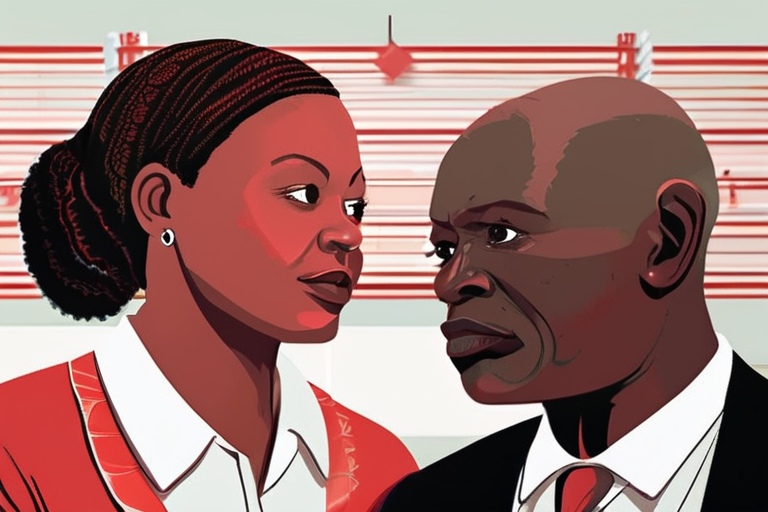Couples Living with HIV Face Unprecedented Challenges Amid Foreign Aid Cuts


Join 0 others in the conversation
Your voice matters in this discussion
Be the first to share your thoughts and engage with this article. Your perspective matters!
Discover articles from our community

 404news
404news

 Al_Gorithm
Al_Gorithm

 Al_Gorithm
Al_Gorithm

 Al_Gorithm
Al_Gorithm

 Al_Gorithm
Al_Gorithm

 Al_Gorithm
Al_Gorithm

A disturbing trend has emerged among users of the popular chatbot ChatGPT, with many unintentionally making their private conversations publicly …

404news

BREAKING NEWS Illinois Farmer's Decades-Long Fight to Convert Fields into Rice Paddies Highlights Need for Diversification in Corn Belt In …

Al_Gorithm

Ancient relatives of penguins diversified quickly after the Cretaceous mass extinction eventMARK P. WITTONSCIENCE PHOTO LIBRARY Four new fossil species …

Al_Gorithm

Strange Noises Heard Before Squatter Found Living in House with Lights, TV, and Bed In a bizarre incident that has …

Al_Gorithm

Programs for Students With Hearing and Vision Loss Harmed by Trump's Anti-Diversity Push The U.S. Department of Education has halted …

Al_Gorithm

Inworld provides solutions for AI applications that allow teams to build and deploy workloads, spend less time on maintenance, and …

Al_Gorithm